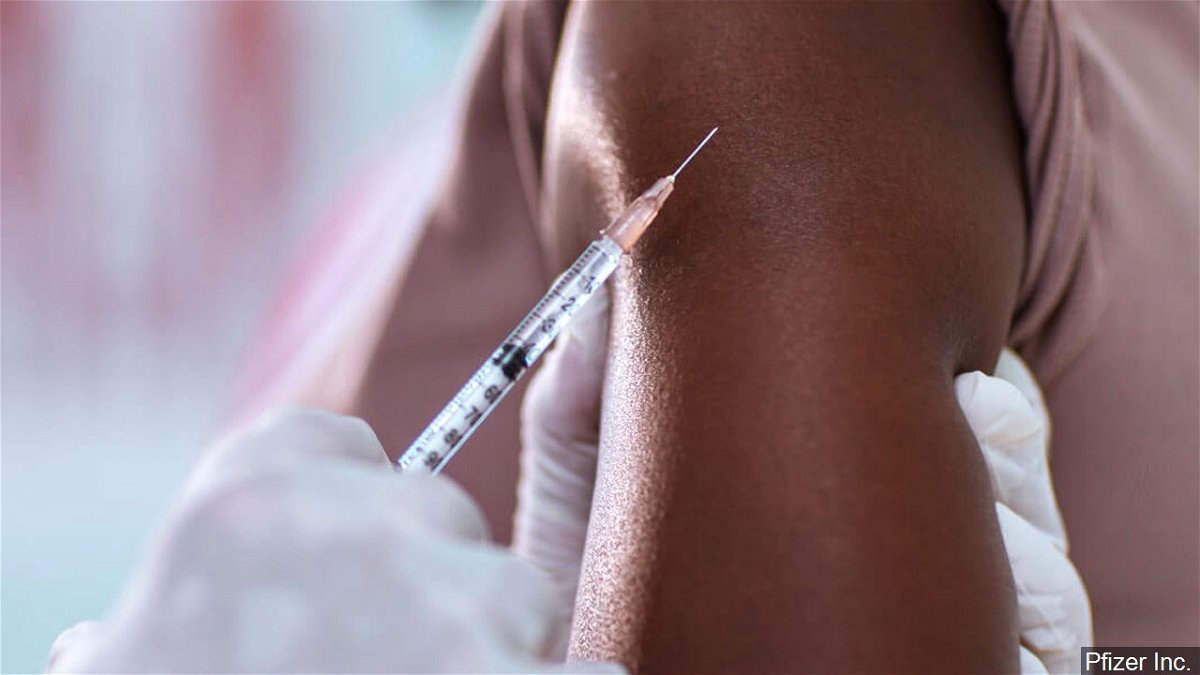ISU researchers provide insight into Hispanic vaccination access

POCATELLO, Idaho (KIFI) – When Johns Hopkins’s Communivax Coalition began searching for researchers to examine access to COVID-19 vaccines in underserved populations in order to guide pandemic response efforts, Idaho State University stepped up to provide a picture of vaccination in Southeast Idaho’s rural Hispanic community.
At the beginning of January 2021, researchers from the College of Arts and Letters and the Division of Health Sciences teamed up and assembled 20 anthropology, Spanish, public health, premedical, and nursing students to gather data and be listed as co-authors on the final report. This data was then used to make recommendations for the continuing response to the COVID pandemic.
While Johns Hopkins has done a great deal of disaster research in the past, this sort of research in real time was a new experience for some of the team. Unlike most academic research where something that has already happened is explored, disaster research examines something that is ongoing in an effort to inform decisions on how to resolve the situation.
“I’ve always been a hands-on and on the ground researcher,” Dr. Elizabeth Carwright, Co-principal investigator for the project and professor of anthropology at ISU, said. “But this is different from what I usually do.”
The research team joined forces with Southeast Idaho Public Health to reach the Hispanic communities in Power and Bingham counties. Students were given instruction on how to conduct interviews, but their own backgrounds and connections were a valuable asset.
Half of the students were from Bingham and Power county and were Hispanic themselves. Many were Spanish speaking. While many of those interviewed spoke English, there were a handful of individuals who only spoke Spanish. In total, students were able to conduct 32 interviews in Spanish. Having Spanish-speaking interviewers allowed for more diverse perspectives to be included in the study.
All of the research had to be done in a COVID-safe manner. The only people that students interviewed in person were family members in their immediate household. Otherwise, students conducted interviews over Zoom. In a few cases, students taught extended family members how to use Zoom and in turn they taught more members of the community.
The Communivax Coalition research was originally intended to examine vaccine access and hesitancy among groups that have historically been underserved in health care. Similar projects in different parts of the country looked at other underserved groups. The Southeast Idaho Hispanic population had far higher rates of vaccination than the rest of Idaho.
In the spring 2020 the Hispanic community was hit hard by COVID, with a 20 percent higher rate of hospitalization than the rest of the Idaho population. Many individuals became ill enough to miss a substantial amount of work. Northern Mexico, where many in Power and Bingham counties have family, was also hit hard by the pandemic. When the vaccination became available, the majority of individuals were ready for any measure that could protect them from the virus, Cartwright said.
“They were very pragmatic,” she said. “They wanted anything that would keep them healthy and to keep working.”
The possibility of missing work due to illness was a frequent motivation for seeking vaccination. Workplace vaccination offerings were very effective in providing access to vaccinations.
For those individuals who did not want to be vaccinated, their reasons were similar to those common in the rest of Idaho, with some exceptions. Some individuals who were originally hesitant to receive the vaccine, agreed to get it after being provided with more information and having their questions answered.
This was a compelling finding to Maya Tillotsen, a student working on her masters degree in Healthcare Administration and one of the co-authors of the report.
“From this project I learned that we truly have a need in these communities,” Tillotsen said. “Rural, underserved Hispanic communities are facing barriers to the healthcare system due to a lack of cultural competence on behalf of the health care system, a lack of education, and a lack of trust between the community and the healthcare system.”
With the completion of the interviews and the publishing of the findings, phase 1 of the Communivax Coalition's research has come to a close. As the COVID vaccination situation continues to unfold, there is a possibility for ongoing research in Southeast Idaho.
As future health care providers, administrators and researchers, the students gained valuable insight.
“Everyone deserves health care,” Tillotson said. “And not just good-enough health care, but quality health care. When we recognize there is an issue, we can band together, community members and healthcare providers, to create a new, sustainable, attainable solution for everyone involved.”




